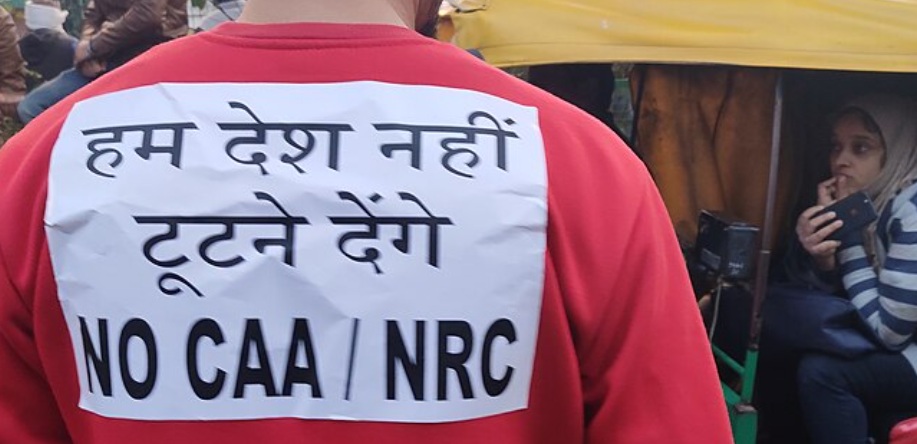 Gujarat HC Calls Out Years of Section 144 Misuse in Petition Filed by Anti-CAA Protesters https://thewire.in/law/gujarat-hc-calls-out-years-of-section-144-misuse-in-petition-filed-by-anti-caa-protesters In a firm judgment reinforcing democratic norms, the Gujarat High Court has struck down the Ahmedabad Police’s years-long practice of imposing back-to-back Section 144 orders – calling the state’s conduct “arbitrary, unjustified, and violative of fundamental rights”.
Gujarat HC Calls Out Years of Section 144 Misuse in Petition Filed by Anti-CAA Protesters https://thewire.in/law/gujarat-hc-calls-out-years-of-section-144-misuse-in-petition-filed-by-anti-caa-protesters In a firm judgment reinforcing democratic norms, the Gujarat High Court has struck down the Ahmedabad Police’s years-long practice of imposing back-to-back Section 144 orders – calling the state’s conduct “arbitrary, unjustified, and violative of fundamental rights”.
Supreme Court orders voice test of UP DIG accused of communal slur; quashes case against Muslim man https://www.barandbench.com/news/supreme-court-orders-voice-test-of-up-dig-accused-of-communal-slur-quashes-counter-case-against-muslim-man
The Court said the UP police had abused its authority in prosecuting the man, and directed a forensic test to verify if the senior officer had used a communal slur in an audio clip. The Muslim citizen had been prosecuted for forwarding the audio clip to Tyagi and asking him whether the voice heard was indeed his. The Court stated that the prosecution should never have been initiated and also noted that the State of Uttar Pradesh has itself sought to withdraw the case.
Gift Sustainability, Celebrate Culture: The Aadivasi.org Revolution https://www.businessworld.in/article/gift-sustainability-celebrate-culture-the-aadivasiorg-revolution-544998
What sets Aadivasi.org apart is its model: for every contribution made, users can choose eco-friendly crafts, such as handcrafted jewelry, ethical apparel, or tribal home decor, matching the value of their donation at no extra cost. Alongside the chosen item, contributors receive an Impact Certificate that quantifies their positive effect on society and the environment. Dr. Bikrant Tiwary, the founder of Aadivasi.org, explains, “We are not selling products. Instead, we invite people to create a direct social and environmental impact and reward them with beautifully crafted items made by tribal artisans as a token of gratitude.”
